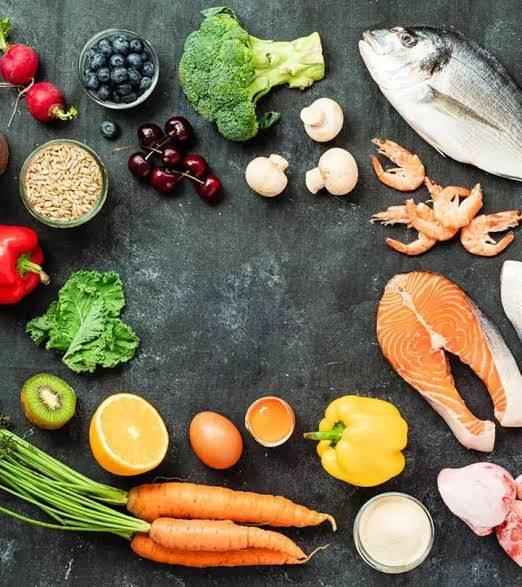Al Khaleej – Reports
Collagen is a vital protein that makes up about one-third of the body’s protein content, providing the fundamental structure for skin, bones, muscles, tendons, and cartilage.
However, with aging and sun exposure, the body’s ability to produce collagen decreases, leading to wrinkles and weakened joints. Nutrition experts believe the kitchen can be an effective line of defense against these natural changes.
Collagen: Multiple Health Benefits
Experts confirm that obtaining sufficient collagen through diet or supplements benefits the body in various ways, notably improving skin elasticity and delaying wrinkle formation, strengthening joints and reducing pain, supporting bone health, and lowering the risk of osteoporosis.
Collagen intake also improves muscle mass thanks to glycine acid, which enhances creatine production, alongside protecting the heart by maintaining artery strength.
Collagen from Animal Foods
According to experts on the “Health” website, several animal foods are rich in collagen, including:
- Bone broth: Slow cooking of bones and connective tissue breaks down collagen into easily absorbed gelatin, rich in amino acids and minerals.
- Fish and shellfish: Marine collagen is quickly absorbed and effective in enhancing skin elasticity and the health of tendons and bones.
- Chicken: The cartilage, especially wings and skin, is a natural source of type II collagen that supports joint health.
- Beef: Contains type I and III collagen, essential for skin and connective tissue health.
- Egg whites: Rich in proline, an amino acid necessary for collagen formation.
- Citrus fruits and berries: Do not contain collagen directly but provide vitamin C, which participates in collagen protein synthesis.
- Garlic: Contains sulfur and taurine, compounds that prevent collagen fiber breakdown and aid in rebuilding.
- Nuts and cashews: Rich in copper and zinc, elements that support collagen and elastin formation, enhancing skin elasticity.
- Dairy products: Provide amino acids proline and glycine, as well as calcium and vitamin D, which maintain bone strength.













Recommended for you
Exhibition City Completes About 80% of Preparations for the Damascus International Fair Launch
Talib Al-Rifai Chronicles Kuwaiti Art Heritage in "Doukhi.. Tasaseem Al-Saba"
Unified Admission Applications Start Tuesday with 640 Students to be Accepted in Medicine
Egypt Post: We Have Over 10 Million Customers in Savings Accounts and Offer Daily, Monthly, and Annual Returns
His Highness Sheikh Isa bin Salman bin Hamad Al Khalifa Receives the United States Ambassador to the Kingdom of Bahrain
Al-Jaghbeer: The Industrial Sector Leads Economic Growth